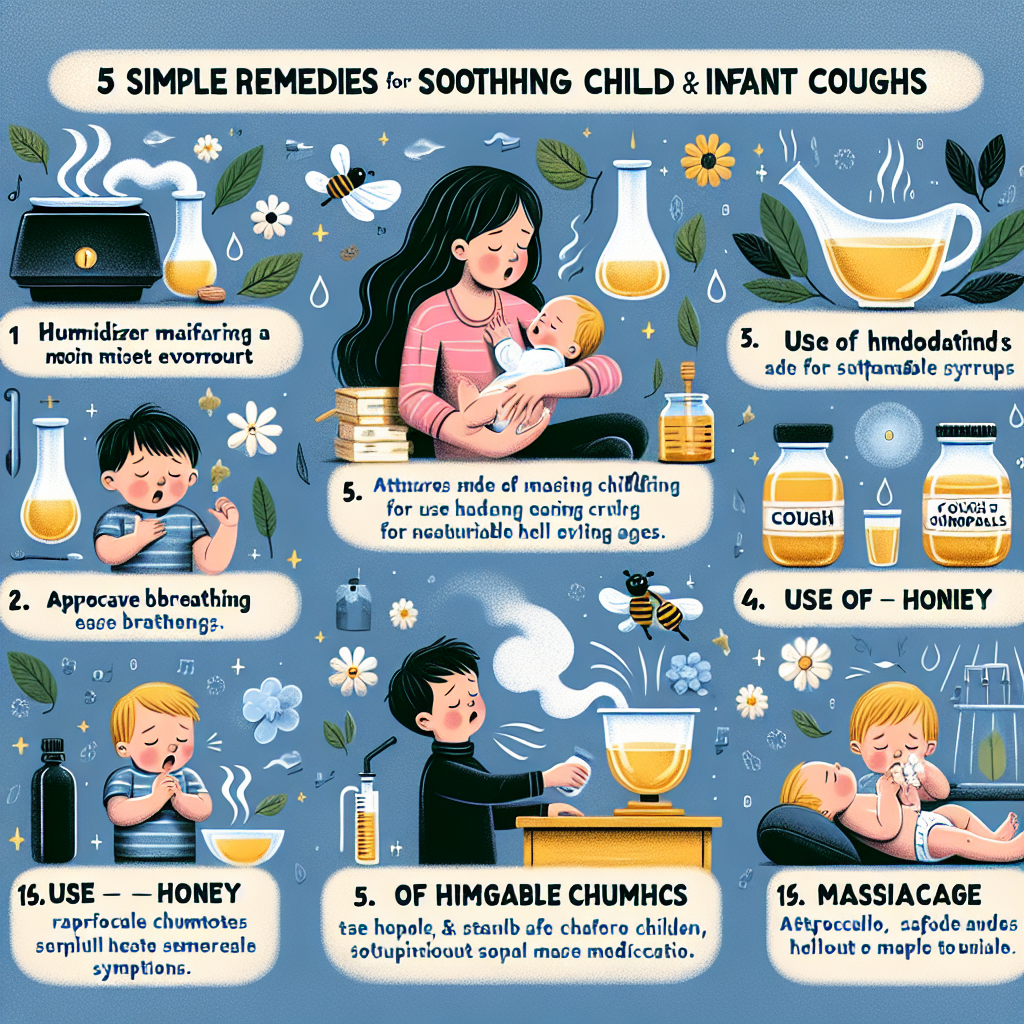Child Development: A Complete Guide to the Essential Stages
Introduction Going through the essential stages of child development is a complex and fascinating process. From their first words to their first sure steps, every moment is a milestone in a little one's life. In this article, we'll explore the different phases of motor and language development in depth, giving parents the information they need to understand and support their children's healthy growth and development. Let's delve into the world of child development and discover together a complete guide to the essential stages.
Motor Development The first years of a child's life are essential for motor development. This starts with simple skills such as holding the head, rolling and crawling, and progresses to more complex skills such as walking, running and jumping. It is important for parents to know the signs that indicate healthy motor development, as well as the activities that can stimulate this growth. For example, tummy time is crucial for strengthening the muscles essential for crawling and later walking. Also, providing toys that encourage grasping and handling can help refine hand-eye coordination skills.
Language development Language development is as vital as motor development. The ability to communicate begins long before the first words are uttered. Babies begin to understand language and communicate through sounds and gestures from the first months of life. Around the age of one, most children begin to use simple words and link words to form simple sentences. Parents play a significant role in this process by constantly communicating and reading with their children. Encouraging your child to talk about what they see and feel can have a positive impact on their language development.
Development Delay Sometimes children may experience developmental delays, which can cause concern for parents. It is important to remember that every child is unique and develops at their own pace. However, there are certain signs of developmental delay that parents should be aware of and consult a specialist if they are present. These include no social smile at three months, no babbling at nine months, or no simple words at 18 months. This guide cannot replace the advice of a professional, but it can provide a useful overview.
The Role of Play in Development An aspect often neglected, but extremely important in the child's development, is play. Play is not only an opportunity for children to feel good, it is also a fundamental part of their learning and development. Through play, children explore the world around them, develop social skills, learn to manage their emotions and strengthen motor and cognitive skills. Whether it's building with blocks or role-playing, play is essential to a child's healthy development.
Conclusion In conclusion, crossing the essential stages of children's development is a process in which parents have the privilege of actively participating. Each stage comes with its own challenges and rewards. By understanding motor and language development, recognizing signs of developmental delay, and appreciating the role of play, parents can contribute to the healthy growth and happiness of their children. We hope that this guide will provide valuable insight into child development and that you will continue to support and celebrate each stage of their wonderful journey to adulthood.














































































































































